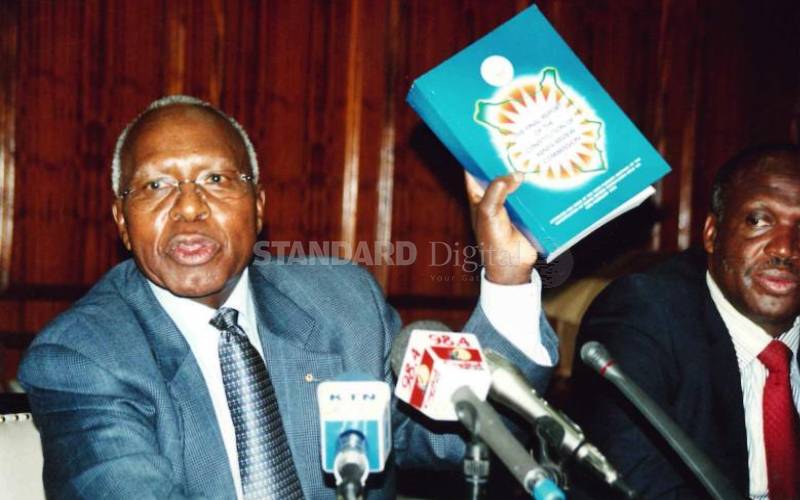×
The Standard e-Paper
Stay Informed, Even Offline

In May 2005, the Narc government named Simeon Nyachae to take over the leadership of the Select Committee on Review of the Constitution. [File]
It would have been interesting to know the position former Cabinet Minister Simeon Nyachae, who passed away Monday, would have taken on the constitutional review process given his past involvement in similar initiatives.